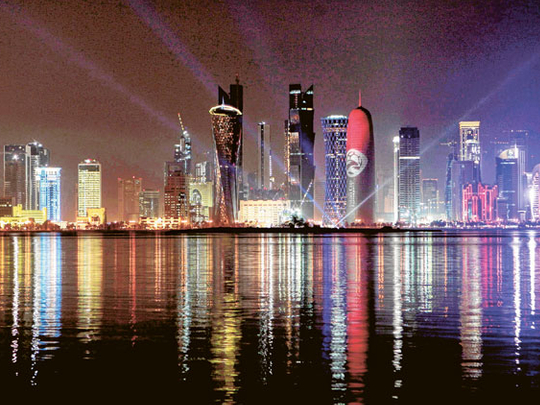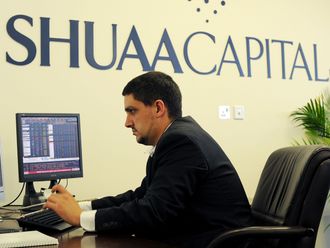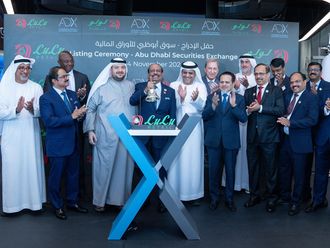
Dubai: Qatar's energy resources have given it one of the world's highest per capita incomes, a futuristic urban skyline and enough clout to host the 2022 soccer World Cup.
But its wealth may not be enough for the arid state to achieve an even more ambitious goal: becoming largely self-sufficient in food.
Like other Gulf states, Qatar has been investing in large areas of farmland overseas to ensure access to food supplies.
The agricultural arm of Qatar's sovereign wealth fund, Hassad Food, has bought land in Sudan and Australia, and has announced plans to spend hundreds of millions of dollars on agricultural projects in countries including Kenya, Brazil, Argentina, Turkey and Ukraine.
But in contrast to the other Gulf states, Qatar also aims to produce most of its food domestically, by spending massively to boost crop yields and convert semi-desert into agricultural land.
Qatar's Crown Prince Shaikh Tamim Bin Hamad bin Khalifa Al Thani issued a decree last year to organise the Qatar National Food Security Programme (QNFSP), tackling "one of the most pressing challenges that Qatar is facing".
"Today, there are 1,400 farms in Qatar and they will increase to 3,000 farms with the new plan," said Fahad Bin Mohammed Al Attiyah, the QNFSP's chairman.
"We anticipate that domestic food production, if new technologies are applied and the efficiency system enforced, can easily reach 60 per cent of our market needs. We anticipate that domestic demand can be met by 60 to 70 per cent."
Qatar, like the five other wealthy Gulf states, imports up to 90 per cent of its food requirements. It has a population of about 1.7 million people, an estimated 20 per cent of them Qatari citizens and most of the remainder foreign workers.
Al Attiyah said implementation of the food security programme would start in January 2014, after a period of preparation. "The implementation period is 10 years. By 2024 we should have a fully operating system."
It is a seductive vision, and Qatar's vast wealth as the world's top liquefied natural gas exporter will allow it to mobilise the best technology and equipment. But many economists and agricultural experts say Qatar's plans do not make economic sense — and that there is little need for them, given the small size of the population.
"They don't have that much land they can put into production; much of it is desert. And Qatar has a very small population," said Abdul Reza Abbassian, senior economist at the United Nations Food and Agriculture Organisation in Rome.
"They import almost the entire cereals that they need for domestic consumption, something like 200,000 tonnes a year, which they cannot really produce. What they produce domestically is minimal. I don't really see much prospect."
Abbassian suggested the country might be better off focusing its investment on agricultural land in more temperate climates.
Investment costs ‘need to be planned properly'
Dubai : Qatar's environment is hostile to agriculture, characterised by extreme heat, water scarcity and high soil salinity.
Average precipitation in depth is just 74 milimetres (2.9 inches) per year, compared to the United Kingdom's 1,220 mm, FAO data shows. Only about one per cent of Qatar's total land area of 11,590 square kilometres is arable, according to the FAO.
Also, many experts do not see a strong need for Qatar to increase its food security. Although it is located in a volatile region of the world, its huge foreign currency reserves and comparatively small population mean it could probably arrange adequate new sources of food imports fairly easily in an emergency.
"When designing their food security strategies, countries with relatively low agricultural potential such as Qatar may be better advised to look beyond fostering domestic agricultural production," said Clemens Breisinger, research fellow at the International Food Policy Research Institute in Washington.
"Given Qatar's low levels of food insecurity risk and low agricultural potential, it is important to carefully assess the opportunity costs of the investments planned under the Qatar National Food Security Programme and to potentially consider alternative options for a food-secure Qatar, and a more food-secure world," he said.
In 2008, Saudi Arabia abandoned a push to achieve self-sufficiency in wheat, concluding that it was simply too expensive and wasteful in using domestic water resources. The country now plans to be 100 per cent reliant on imports of wheat by 2016.












